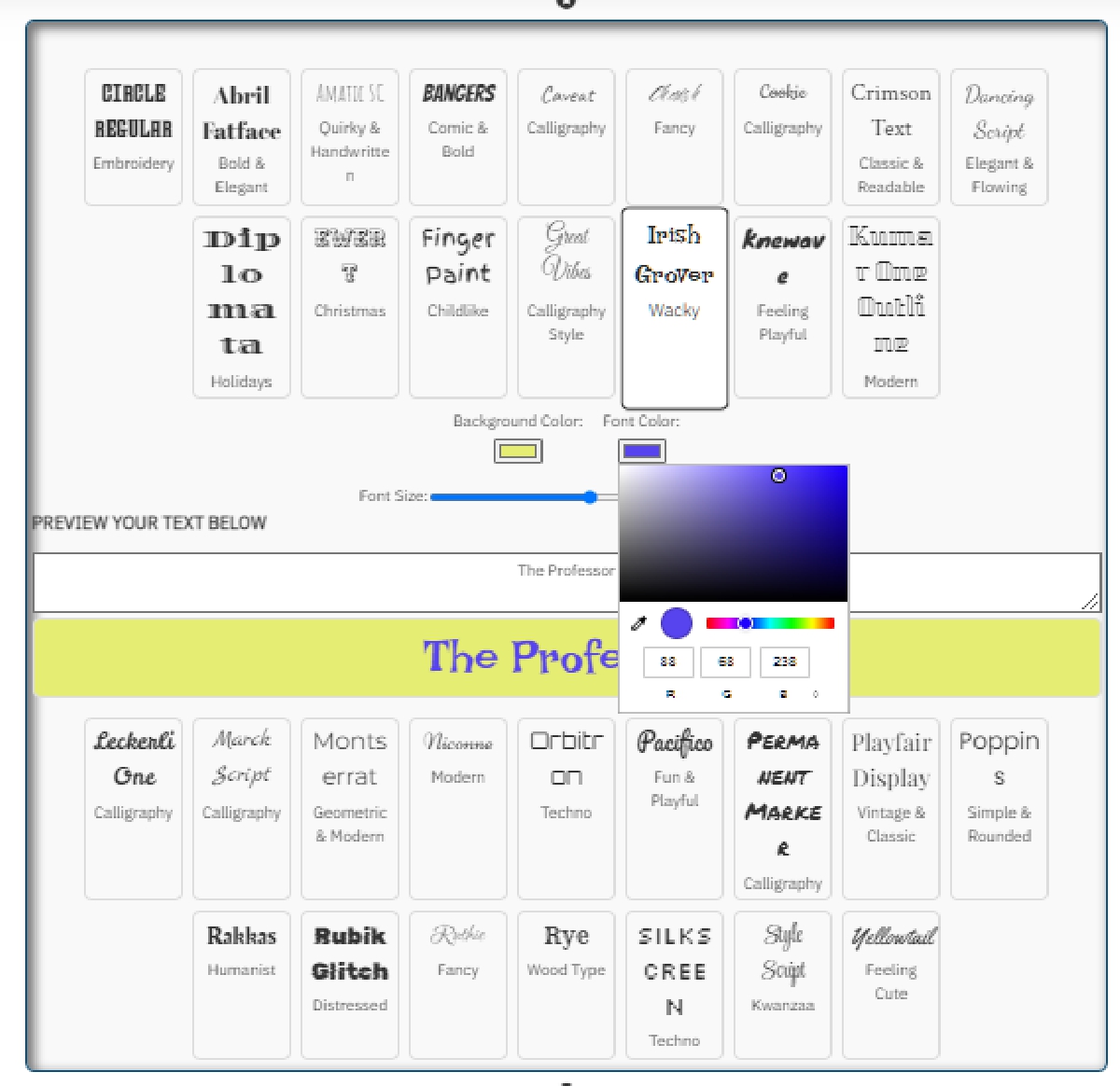
The Future of E-Commerce in 2025: Trends and Predictions
As we look toward 2025, the e-commerce landscape is evolving rapidly, driven by advancements in technology and shifting consumer expectations. With the surge in online shopping, businesses must adapt to emerging trends to stay competitive. In this article, we’ll explore the key e-commerce trends for 2025, including the rise of AR/VR shopping experiences, hyper-personalized online stores, and next-gen payment technologies.
1. AR/VR Shopping Experiences
Augmented reality (AR) and virtual reality (VR) are revolutionizing the way consumers shop online. By 2025, AR/VR will become mainstream, offering shoppers the ability to virtually try on clothes, visualize furniture in their homes, or even attend virtual store events. Brands are already exploring these technologies, but we expect wider adoption and more immersive experiences as these technologies become more affordable and accessible.
Keywords: AR shopping, VR e-commerce, virtual shopping experience, e-commerce trends 2025
2. Personalized Online Stores
Consumers are demanding more tailored shopping experiences, and businesses are responding by creating hyper-personalized online stores. Through AI-driven product recommendations, dynamic pricing, and custom content, e-commerce platforms in 2025 will offer a unique experience for each visitor. Personalization not only enhances customer satisfaction but also increases conversion rates by showcasing relevant products and promotions based on user behavior and preferences.
Keywords: personalized e-commerce, AI product recommendations, dynamic pricing, custom online stores
3. Advanced Payment Technologies
The future of e-commerce payments is heading toward seamless and secure transactions. By 2025, we’ll see widespread use of biometric authentication, one-click payments, and cryptocurrency integration. Consumers will expect faster checkouts and stronger fraud prevention. As digital wallets and decentralized payment systems grow in popularity, businesses must stay up-to-date with evolving payment solutions to meet consumer demand.
Keywords: payment technologies 2025, biometric payments, cryptocurrency e-commerce, seamless checkout
4. Sustainability and Ethical Shopping
Sustainability will continue to be a major factor influencing consumer choices in 2025. Shoppers are increasingly favoring eco-friendly brands that prioritize ethical sourcing, sustainable packaging, and carbon-neutral shipping options. E-commerce businesses will need to adopt greener practices, not only to appeal to this growing consumer base but also to comply with tightening environmental regulations.
Keywords: sustainable e-commerce, ethical shopping trends, eco-friendly packaging, green shipping
5. Omnichannel Integration
Seamless integration between online and offline channels will be critical to the future of e-commerce. Retailers are developing omnichannel strategies that connect in-store and digital experiences, offering features like click-and-collect, virtual shopping assistants, and real-time inventory updates. By 2025, consumers will expect a fluid shopping journey where they can transition effortlessly between digital and physical platforms.
Keywords: omnichannel e-commerce, click-and-collect, virtual shopping assistants, integrated retail
6. Subscription-Based Models
Subscription e-commerce has been growing steadily, and by 2025, more brands will offer subscription services for everything from clothing to household goods. These models create consistent revenue streams for businesses and build long-term customer relationships by offering exclusive perks, personalized selections, and convenience.
Keywords: subscription e-commerce, e-commerce trends 2025, personalized subscriptions, recurring revenue
7. Artificial Intelligence and Machine Learning
AI and machine learning (ML) will play a critical role in automating customer service, inventory management, and marketing strategies. Chatbots, predictive analytics, and AI-powered search functionalities will make e-commerce platforms smarter and more efficient. As AI technology continues to advance, businesses will be able to optimize their operations and provide customers with faster, more intuitive shopping experiences.
Keywords: AI in e-commerce, machine learning e-commerce, predictive analytics, AI-powered search
Preparing for the Future
E-commerce businesses that want to succeed in 2025 need to stay ahead of these trends. From embracing cutting-edge technologies like AR/VR and AI to offering personalized and sustainable shopping experiences, the future of e-commerce is about adaptability. The companies that prioritize customer convenience, innovation, and ethical practices will thrive in the competitive digital marketplace.
Prepare your business for 2025 by keeping up with these trends and ensuring your e-commerce platform is equipped to meet the evolving needs of today’s tech-savvy consumers.

 30 years of #TheProfessor
30 years of #TheProfessor

 12% rewards for affiliate members
12% rewards for affiliate members

Leave a Comment